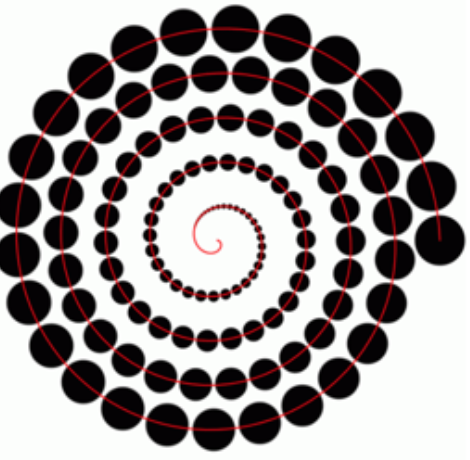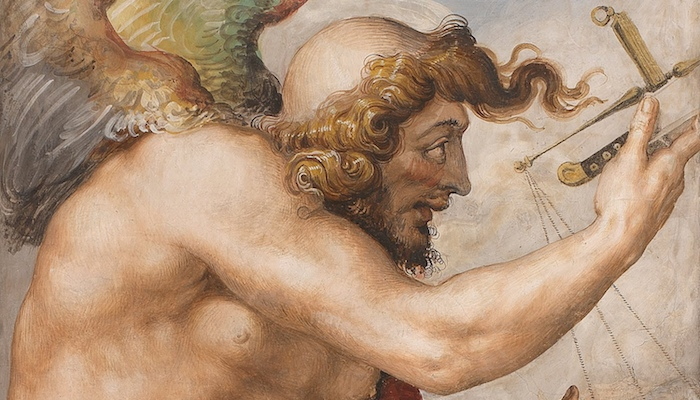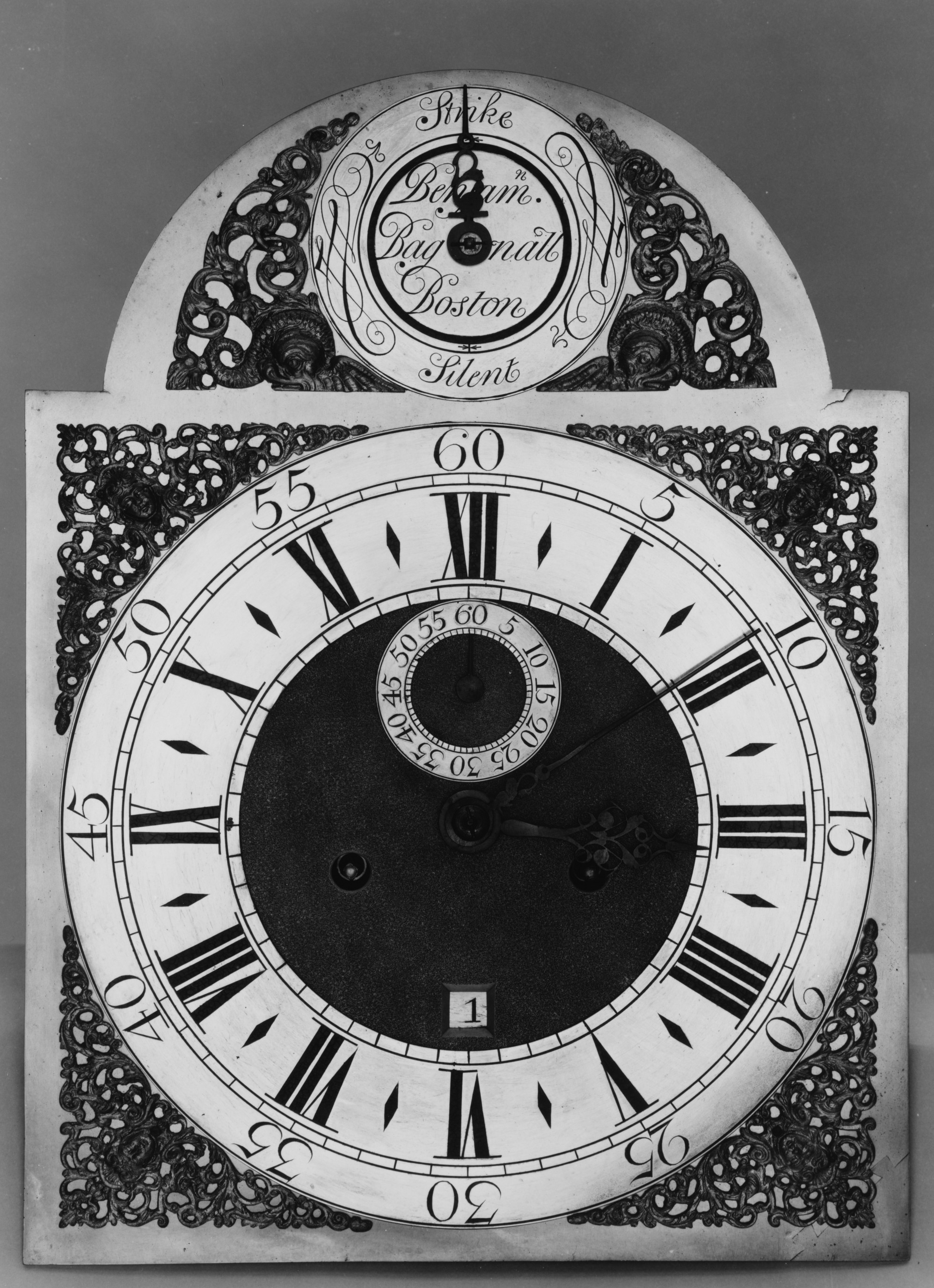Philosophy of History
A term first coined by Voltaire, Philosophy of History means to search for wisdom in the study of history. What can we learn from the experiences and past actions of humanity? And how can the lessons be applied to present times? In this part of the course we will consider what can be understood by the term history, what are the different ways of approaching history and what is the difference between myth and history? We will also take a look at different perspectives on the nature of time itself and at the principle of cycles and patterns in history. We will explore some examples of cycles and patterns, among them the concept of astrological ages (something already contemplated by Plato in his concept of the ‘Great Year’ of around 26,000 years) and ‘the Age of Aquarius’.




